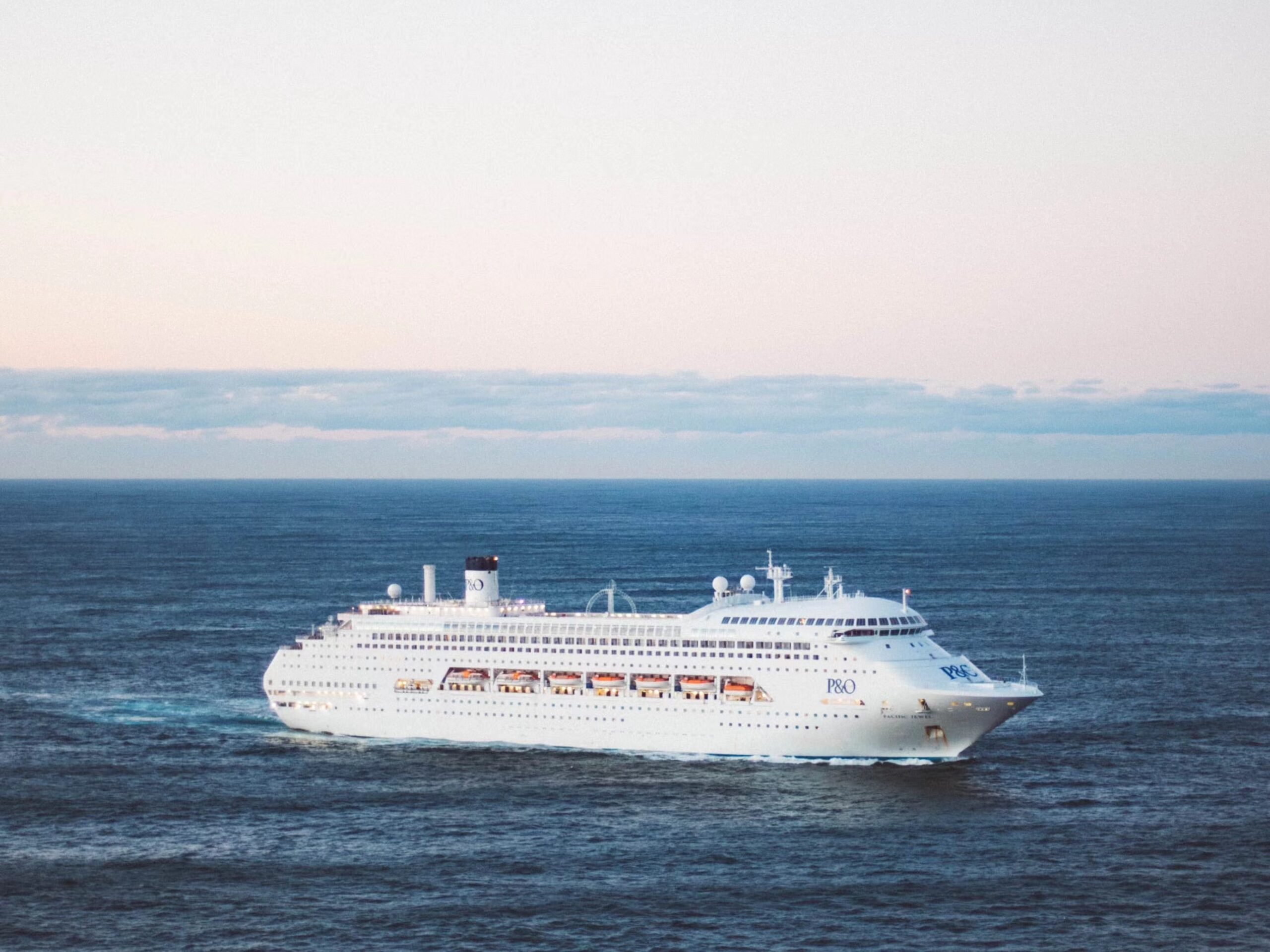When you think about a cruise, you might picture endless buffets, exotic destinations, and days spent lounging by the pool. Getting caught up in the glamour and allure of a cruise vacation is easy. However, there are some serious considerations that you might want to take into account before booking that dream trip on the high seas. While cruises can offer a lot of fun and convenience, they might not be the perfect getaway for everyone. Here are seven reasons you might want to think twice before setting sail.
1. Health Risks at Sea
Cruise ships are like floating cities, and with so many people in close quarters, the spread of illness can be a major concern. Remember the news about norovirus outbreaks on ships? The confined space makes it easy for viruses to spread, and you could spend a significant portion of your trip feeling sick. Even with rigorous cleaning protocols, the risk remains high due to the sheer number of passengers and crew members interacting in shared spaces. Getting sick on a cruise can quickly turn what was supposed to be a relaxing vacation into a miserable experience.
2. Environmental Concerns
Cruises are not exactly eco-friendly. The massive ships burn through an enormous amount of fuel, contributing significantly to air and water pollution. The environmental footprint of a cruise ship is enormous, with harmful emissions that can affect the atmosphere and the ocean. Waste disposal is another issue; despite efforts to manage waste responsibly, much of it pollutes the sea. If you care about the environment, this aspect of cruising might weigh heavily on your conscience. The thought of contributing to environmental degradation can be a significant deterrent.
3. Limited Time to Explore
One of the main selling points of cruises is the ability to visit multiple destinations in a single trip. However, the reality is that the time you get to spend at each port is often very limited. You might find yourself rushing through each destination, barely scratching the surface of what there is to see and do. This can lead to dissatisfaction, as you’re constantly on the move and unable to immerse yourself fully in the local culture. The hurried pace can make it difficult to appreciate the unique qualities of each place you visit truly.
Cruises are often marketed as all-inclusive vacations, but the truth is that many amenities and activities come with additional costs. From shore excursions to specialty dining and spa treatments, the extras can add up quickly. Tipping, usually not included in the base fare, can also be a significant expense. These hidden costs can turn what seemed like an affordable vacation into a pricey one, leaving you with a larger bill than you anticipated. This can be frustrating and detract from the enjoyment of your trip, as you constantly have to be mindful of your spending.
5. Feeling Constrained
The idea of being on a large ship with thousands of other passengers might initially sound exciting, but the reality can be quite different. The space on board can feel confining, especially if you’re used to more spacious surroundings. The cabins, while comfortable, are often quite small, and the common areas can become crowded, particularly on sea days when everyone is on board. If you value your personal space and enjoy solitude, the constant presence of other people can be overwhelming. The lack of privacy and being confined can make relaxing and enjoying your vacation difficult.
6. Safety Issues
While cruise ships are generally safe, there are potential safety concerns that you should be aware of. Accidents can happen, such as slipping on wet decks or even the rare occurrence of falling overboard. Medical facilities on board are limited, and in case of a serious medical emergency, you might need to be evacuated to the nearest port. This can be a complex and stressful process. Additionally, although rare, there have been instances of crime on cruise ships, including theft and assault. Awareness of these risks and the safety protocols is important, but it might weigh on your mind during your trip.
7. Lack of Authentic Experiences
Traveling is about experiencing new cultures and connecting with local people. However, cruise ship tourism often provides a very sanitized version of travel. The excursions are typically organized and can feel somewhat scripted, catering to large groups and focusing on popular tourist attractions. This can make it hard to have genuine, off-the-beaten-path experiences. The ports of call are often commercialized to cater to cruise ship passengers, with shops and restaurants that can feel more like tourist traps than authentic local businesses. If you’re looking for an immersive cultural experience, cruising might not be the best option.
Choosing a vacation that aligns with your values and preferences is essential for having a fulfilling experience. While cruises offer convenience and a variety of activities, they also come with several drawbacks that might make you reconsider. Whether it’s the health risks, environmental impact, limited exploration time, hidden costs, feeling of confinement, safety issues, or lack of authentic experiences, there are many reasons why a cruise might not be the right choice for you. Taking the time to weigh these factors can help you make a more informed decision about your next vacation.

